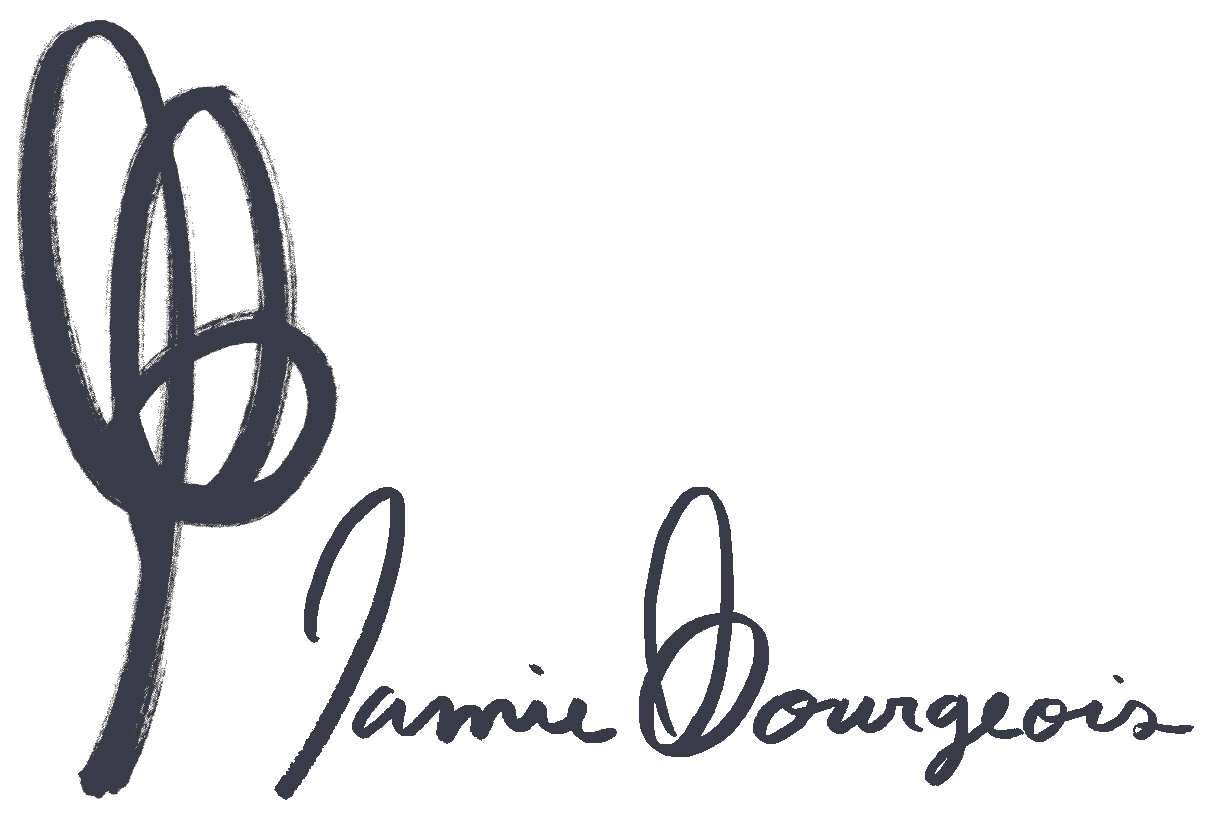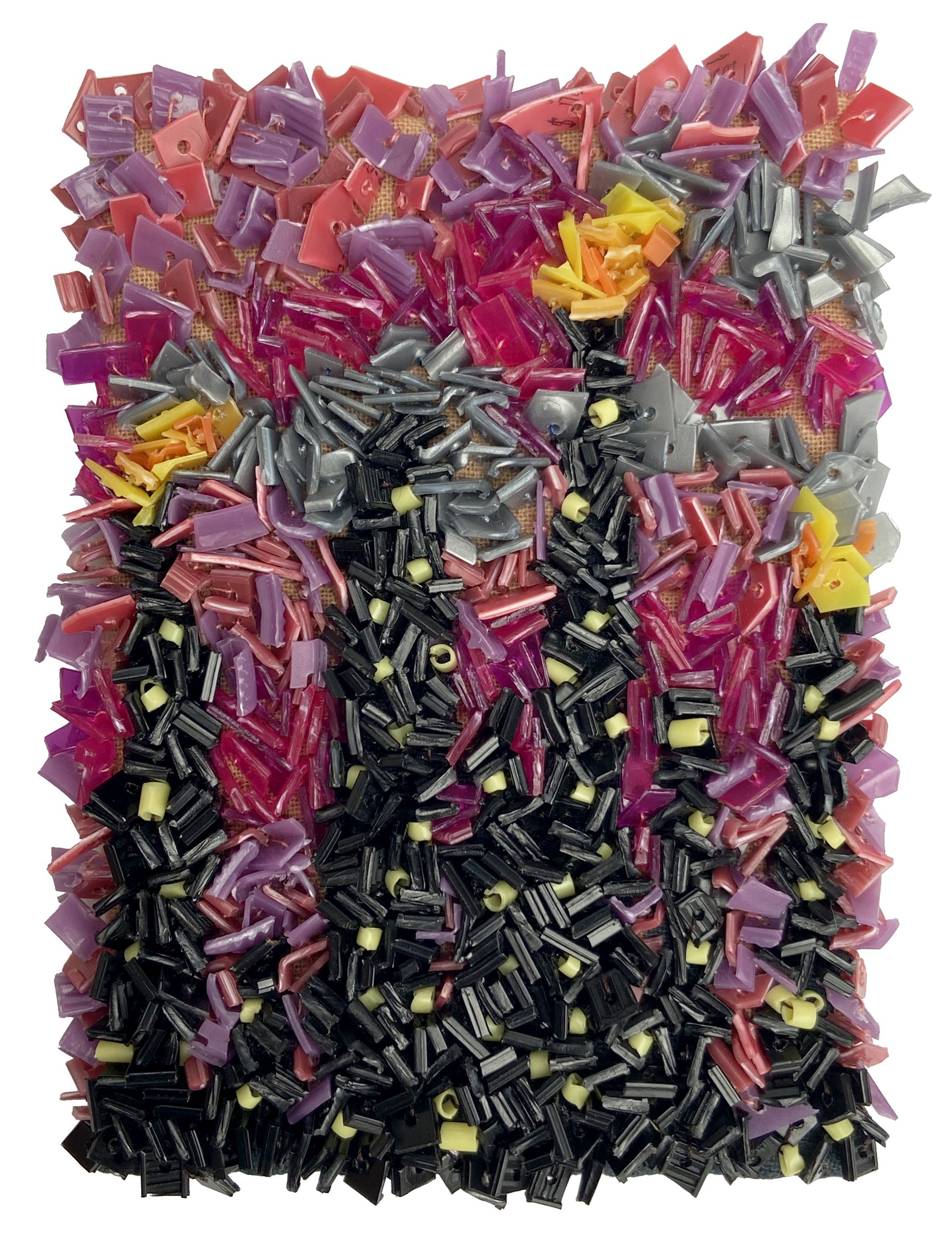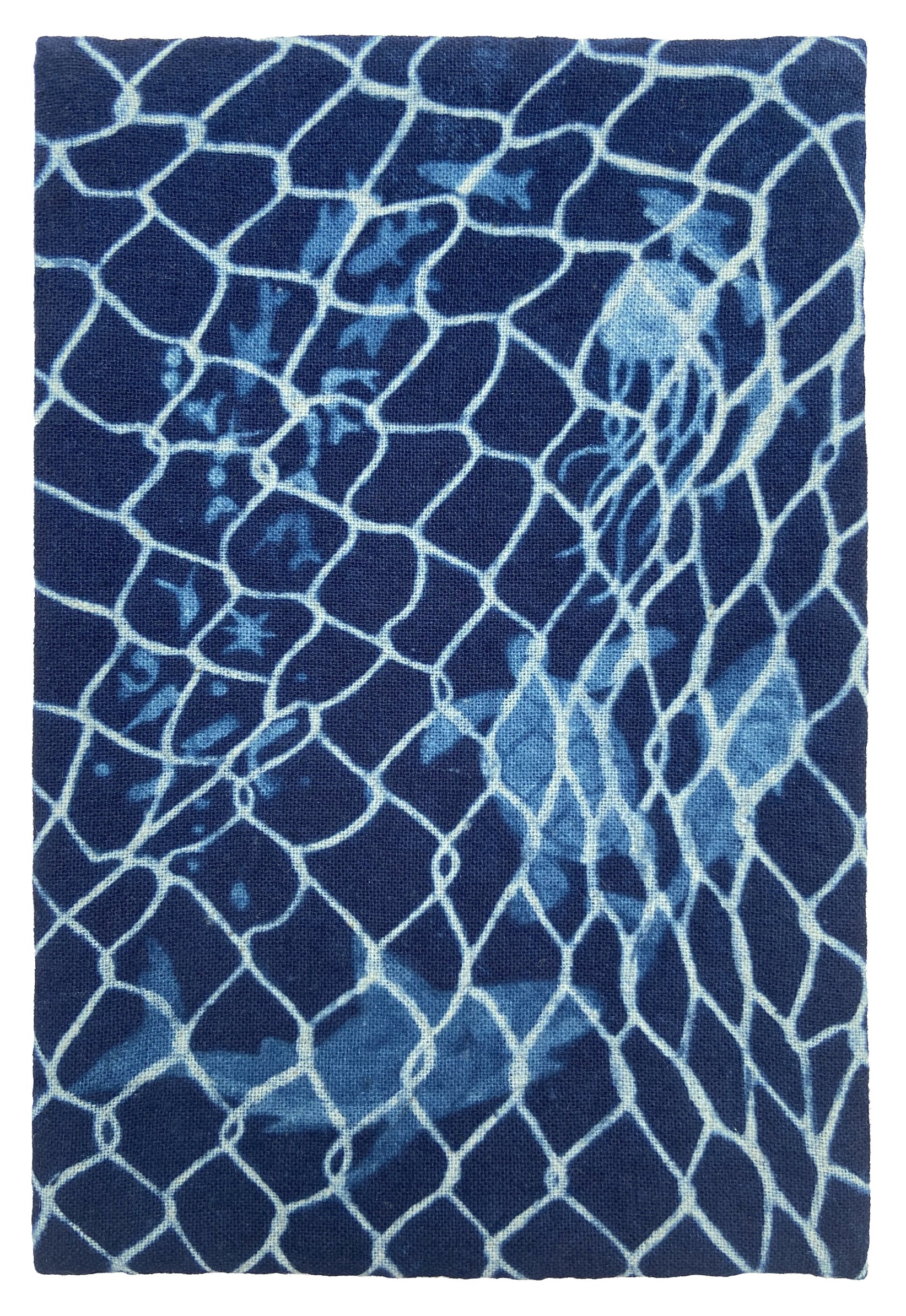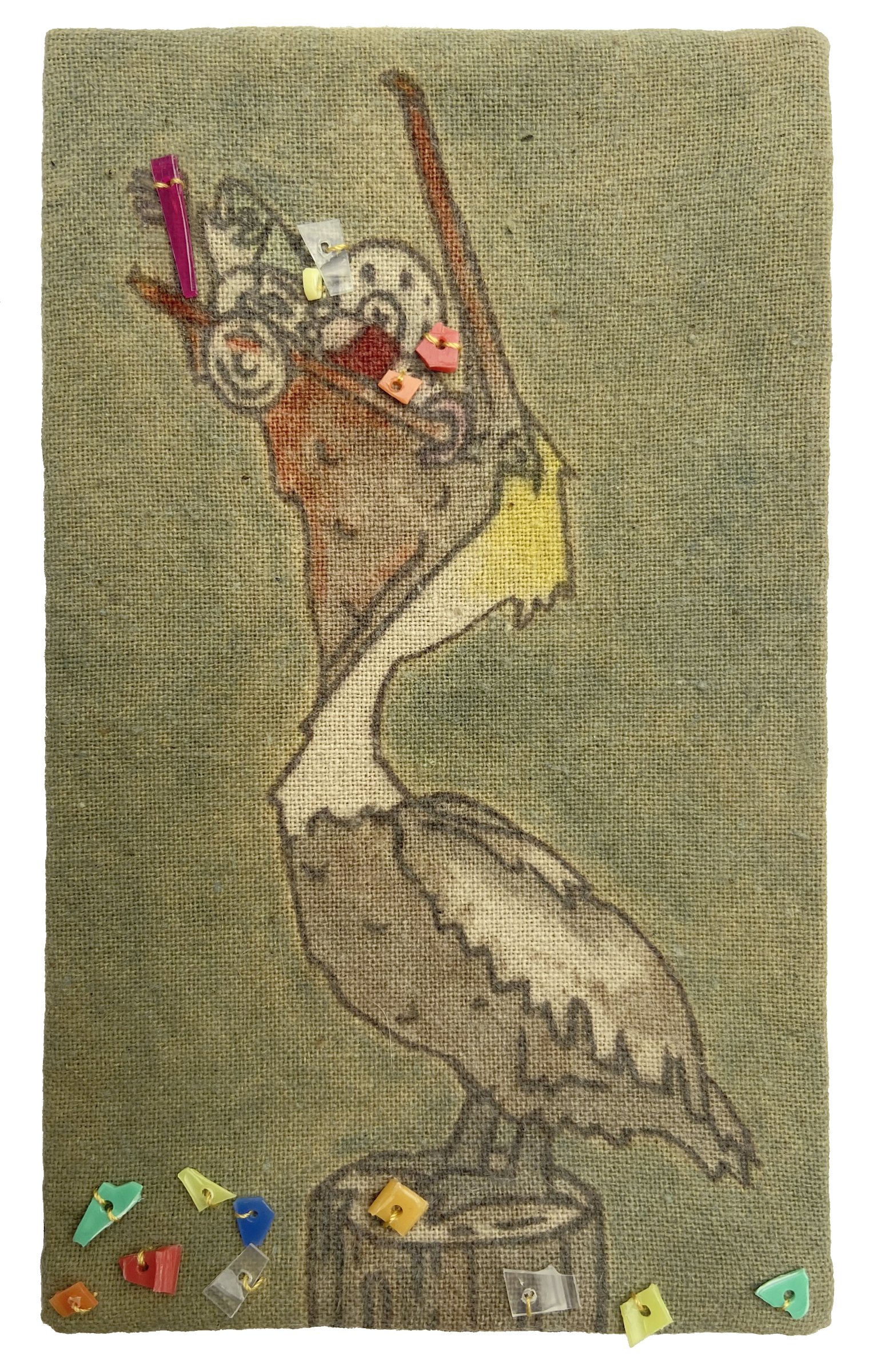PLASTIC PLANET
Plastic Planet is a small scale series of work that explores a very large scale problem.
Everything is constantly in a state of transition - changing, becoming and un-becoming, composing and de-composing. Nature is cyclical, with lives ending only to become a part of something else. ‘Bodies’ turn into gases, nutrients and minerals, turn into energy, turn into life and so on and on and on. These cycles are beneficial and life sustaining.
While synthetic plastics are made from natural resources such as oil and natural gas, these fossil fuels are refined and molecularly manipulated to create a final product that is not biodegradable and is not beneficially cyclical.
From extraction, to production, in its use and at its ‘end of life,’ plastic is toxic and disruptive to the planet’s inhabitants and natural systems.
In fact, the vast majority of all plastic ever created still exists today. It has been found in nearly every ecosystem across the planet - even in places scarcely or not at all inhabited by humans; from the arctic circle to the deepest ocean trench. Plastic lines the banks of rivers, is packed into landfills, swirls in the ocean’s gyres, litters mountain tops, and surrounds us in every direction. It has been found in rain drops, in the bellies of birds, and even inside human organs and tissues.
While plastic waste continues to amass across the globe, there is not only no end in sight, but the World Economic Forum predicts plastic production will double in the next 20 years. As the world begins to move away from fossil fuels as a source for energy and with natural gas prices at record-lows, oil companies and fracking operations are eager to find an alternative use for their products - and so they turn to plastic. While curbing our personal use of single-use plastics is important, makes us feel good and helps to sell a sustainable lifestyle narrative, it is not the solution to the problem. The solution is in stopping the extraction of fossil fuels and the production of synthetic single-use plastics in the first place.
Solo Exhibition @ to scale gallery, Savannah, GA, February 19 - March 30, 2022.
Click here to view available works.
@toscalegallery
“Our current relationship to the Earth is based on a worldview of domination that supports an extractive economy.” (Favianna Rodriguez, “Harvesting Cultural Power,” All We Can Save.)
Click here to learn how you can help a small community stop a multi-billion dollar plastics plant from being built in and polluting their neighborhood. #StopFormosaPlastics
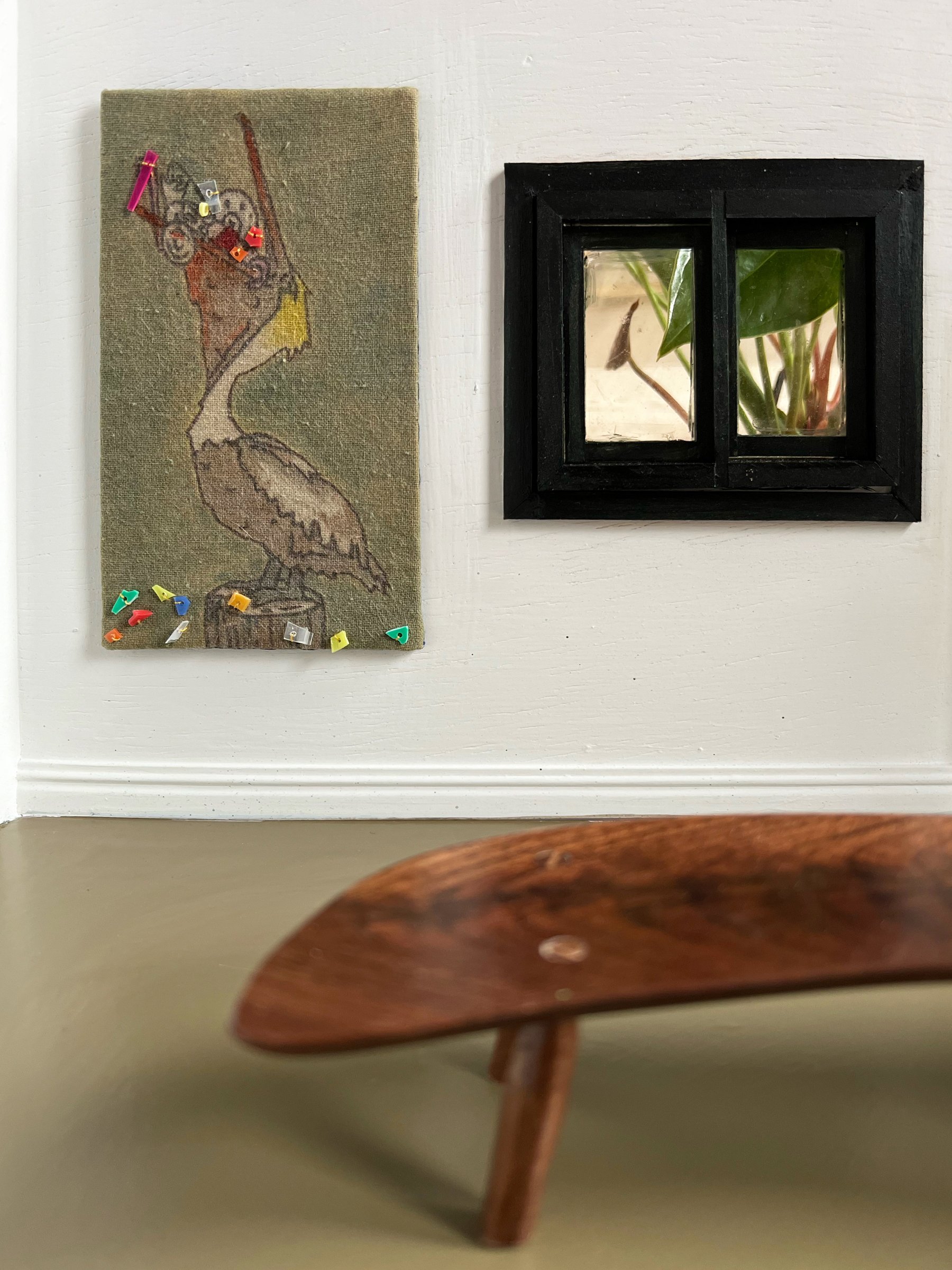
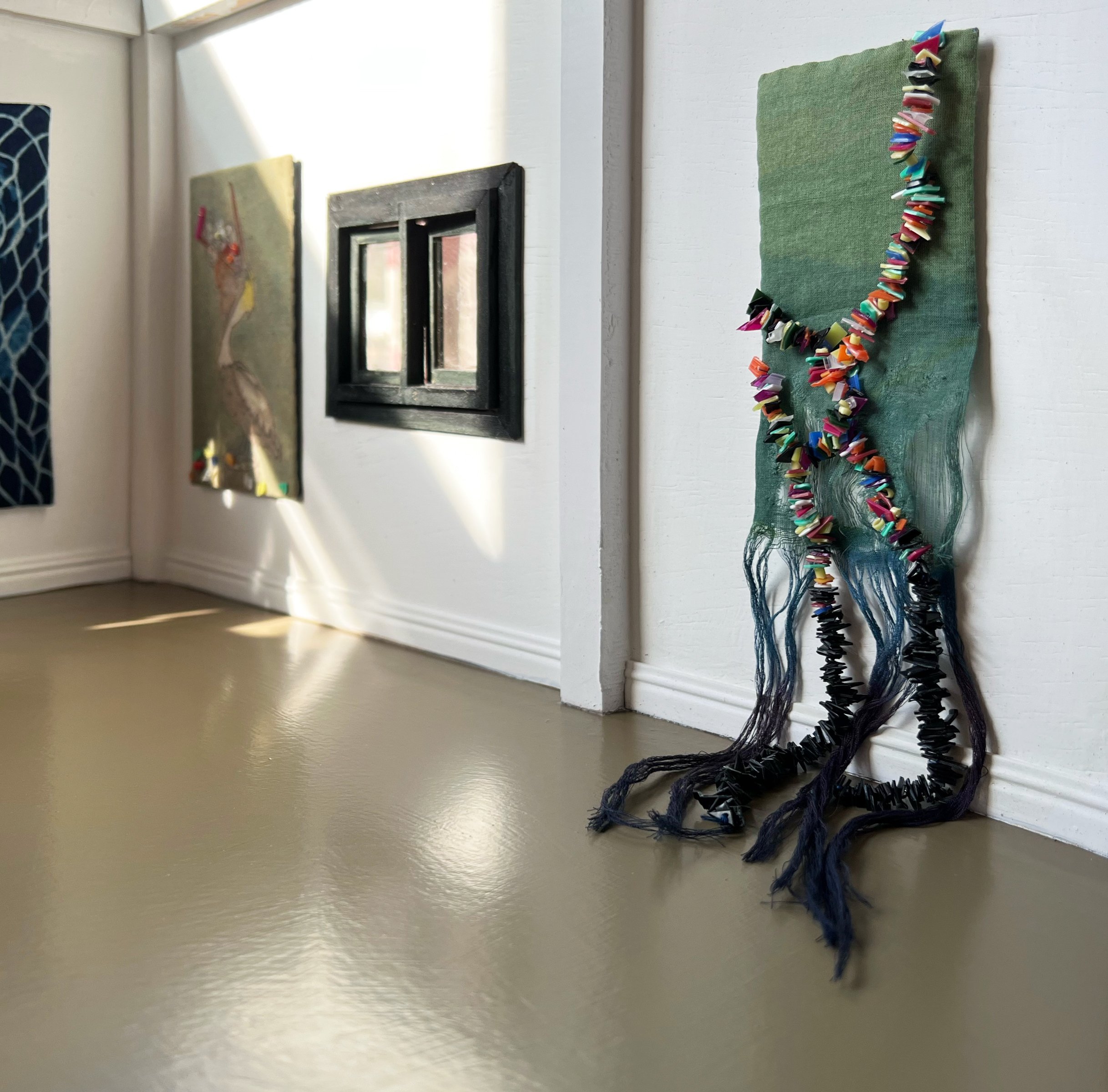
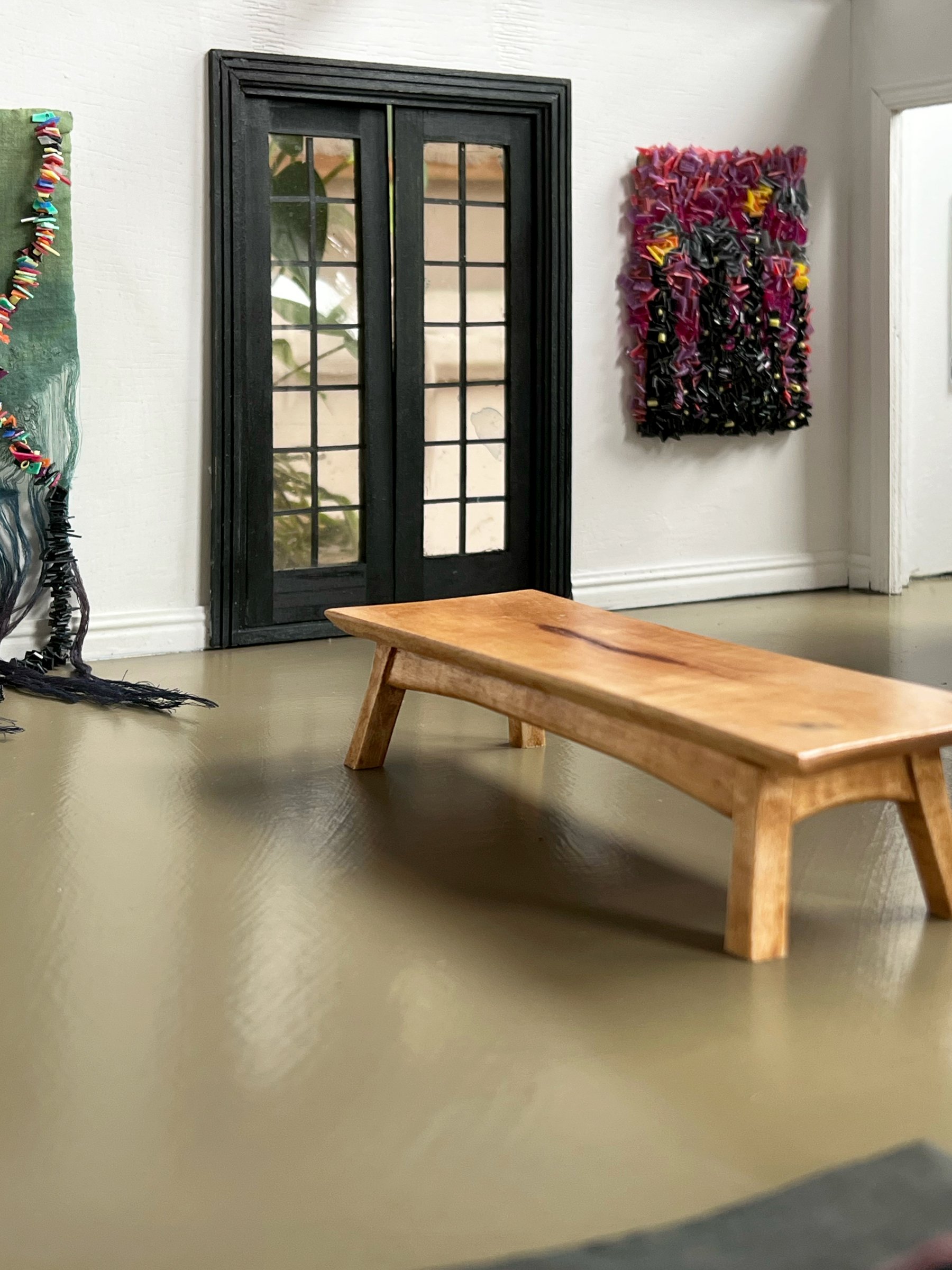
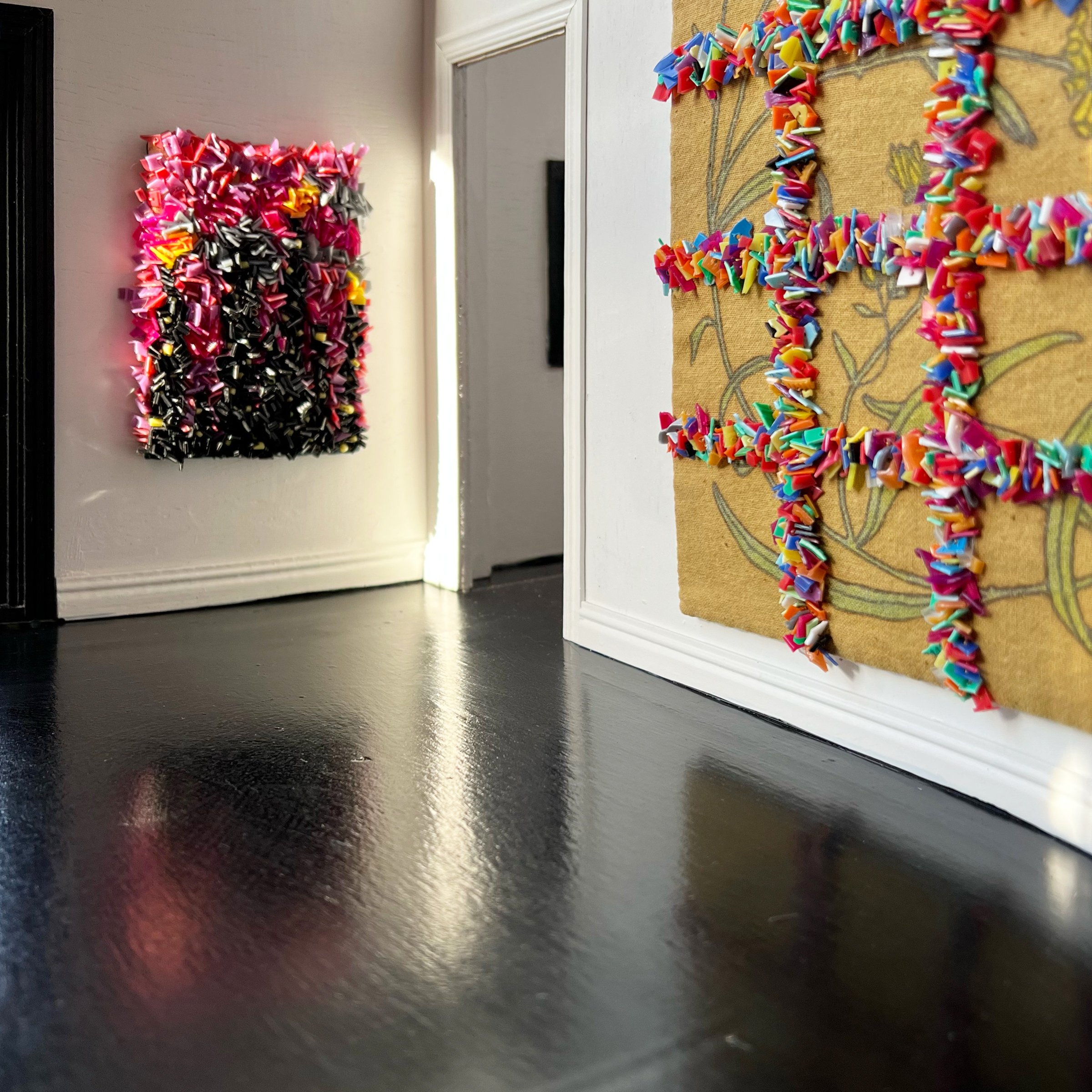
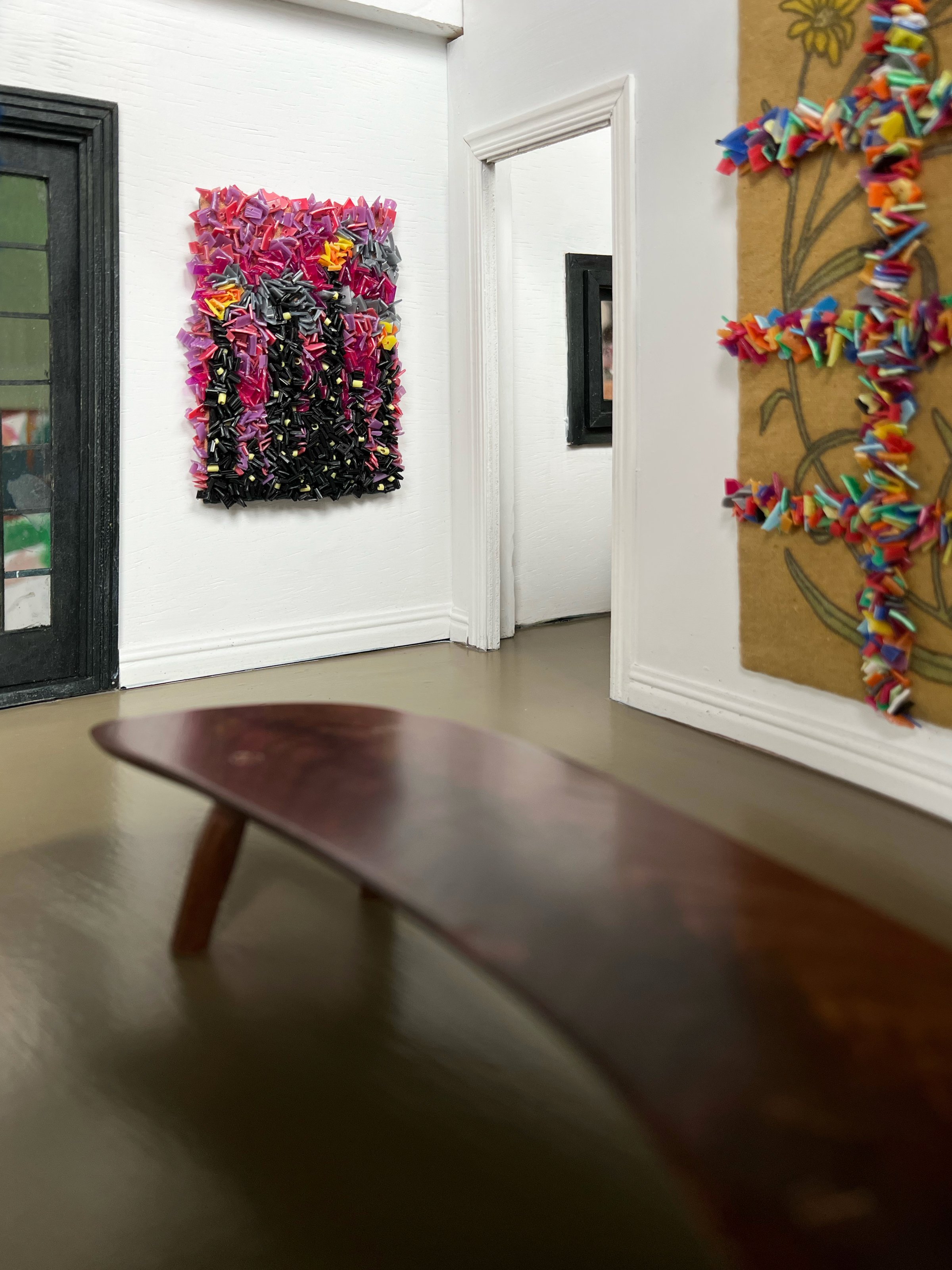
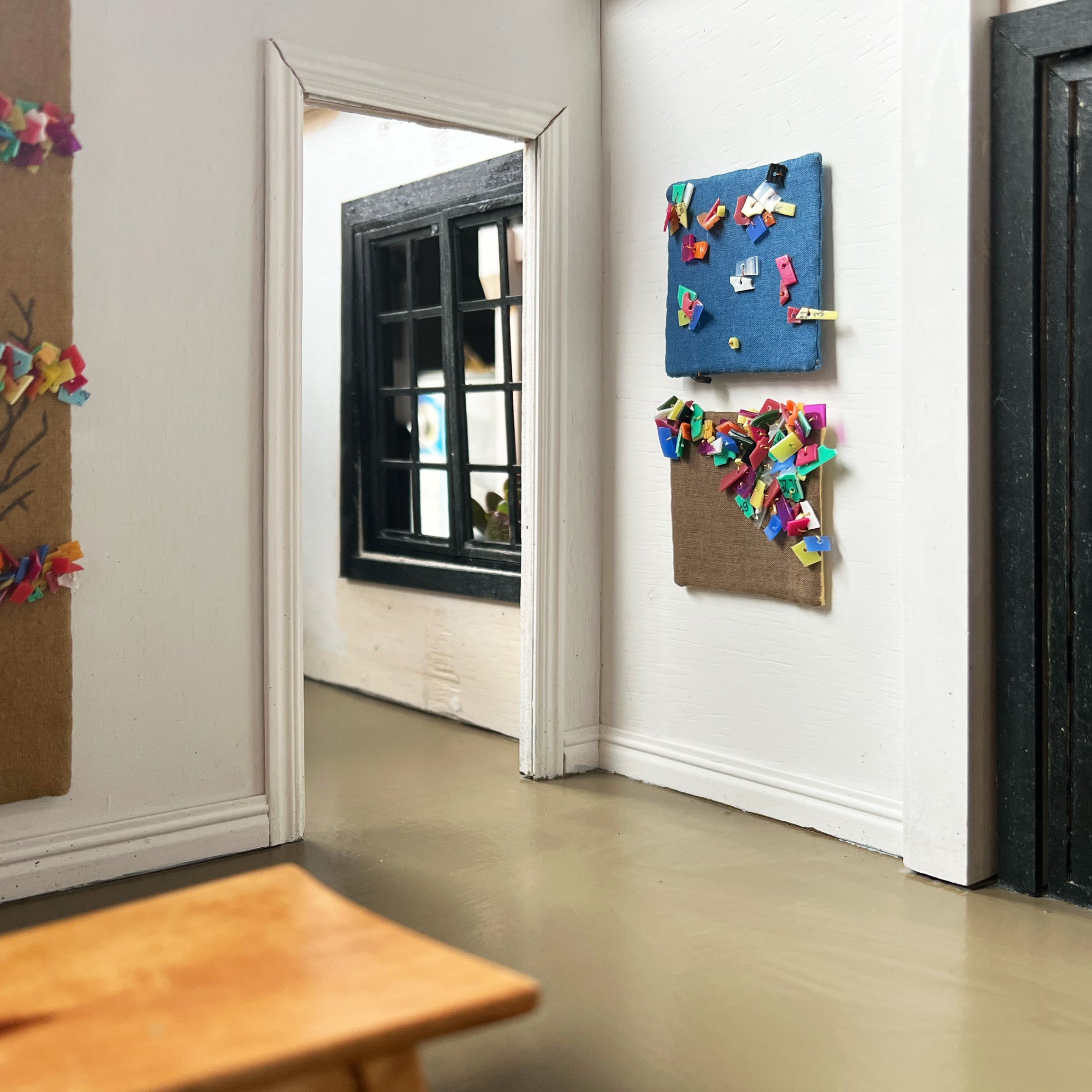
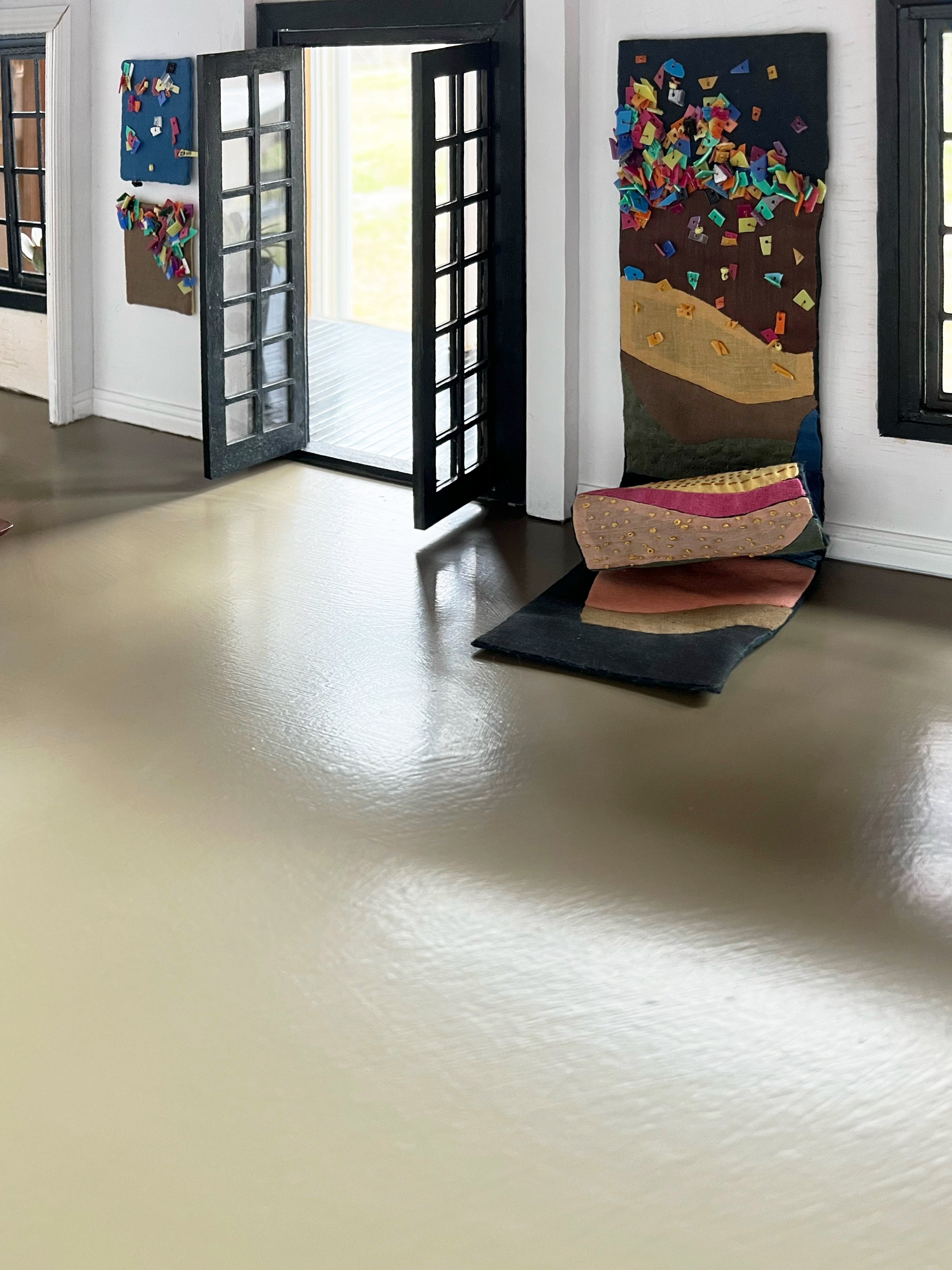
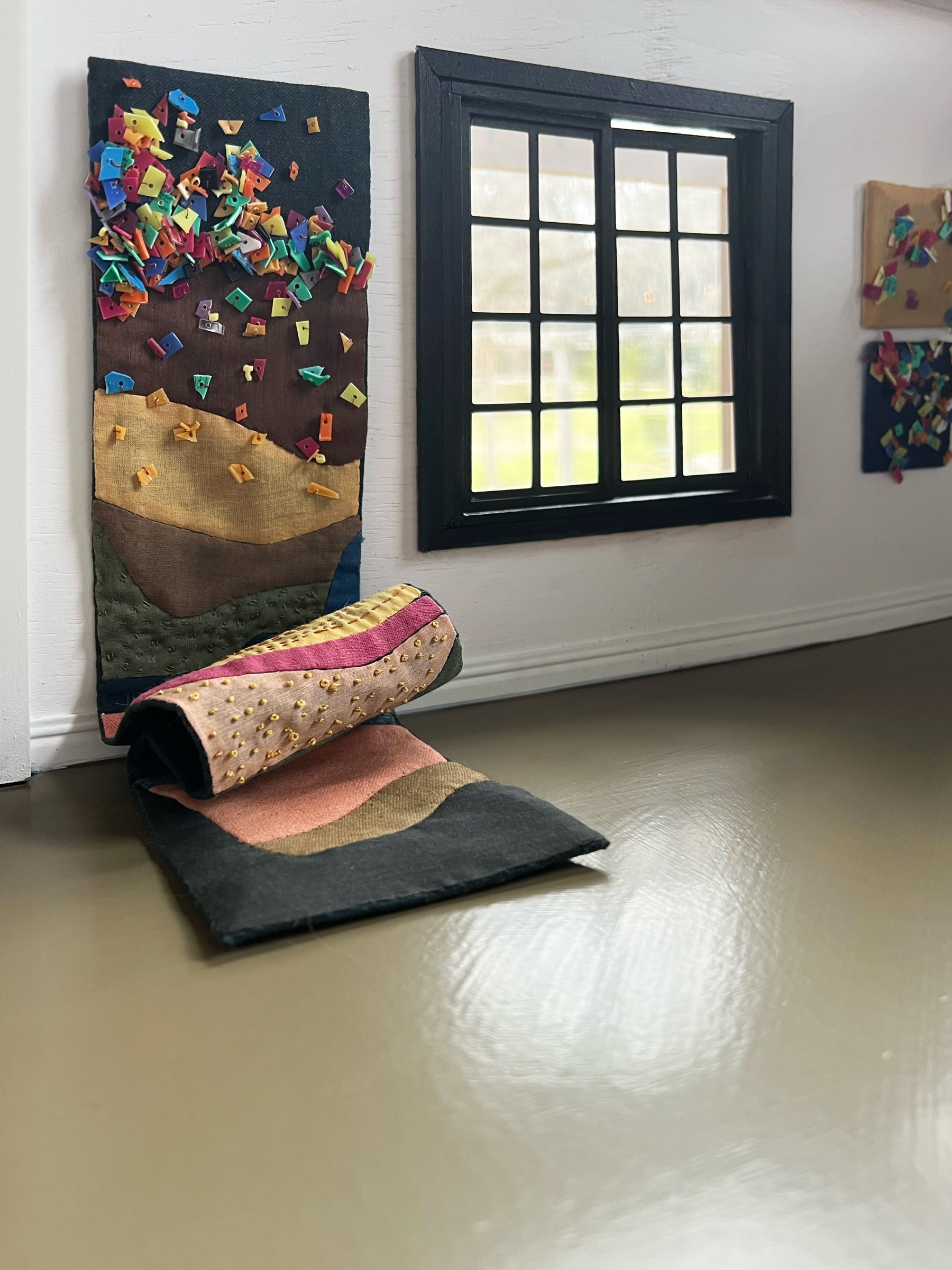
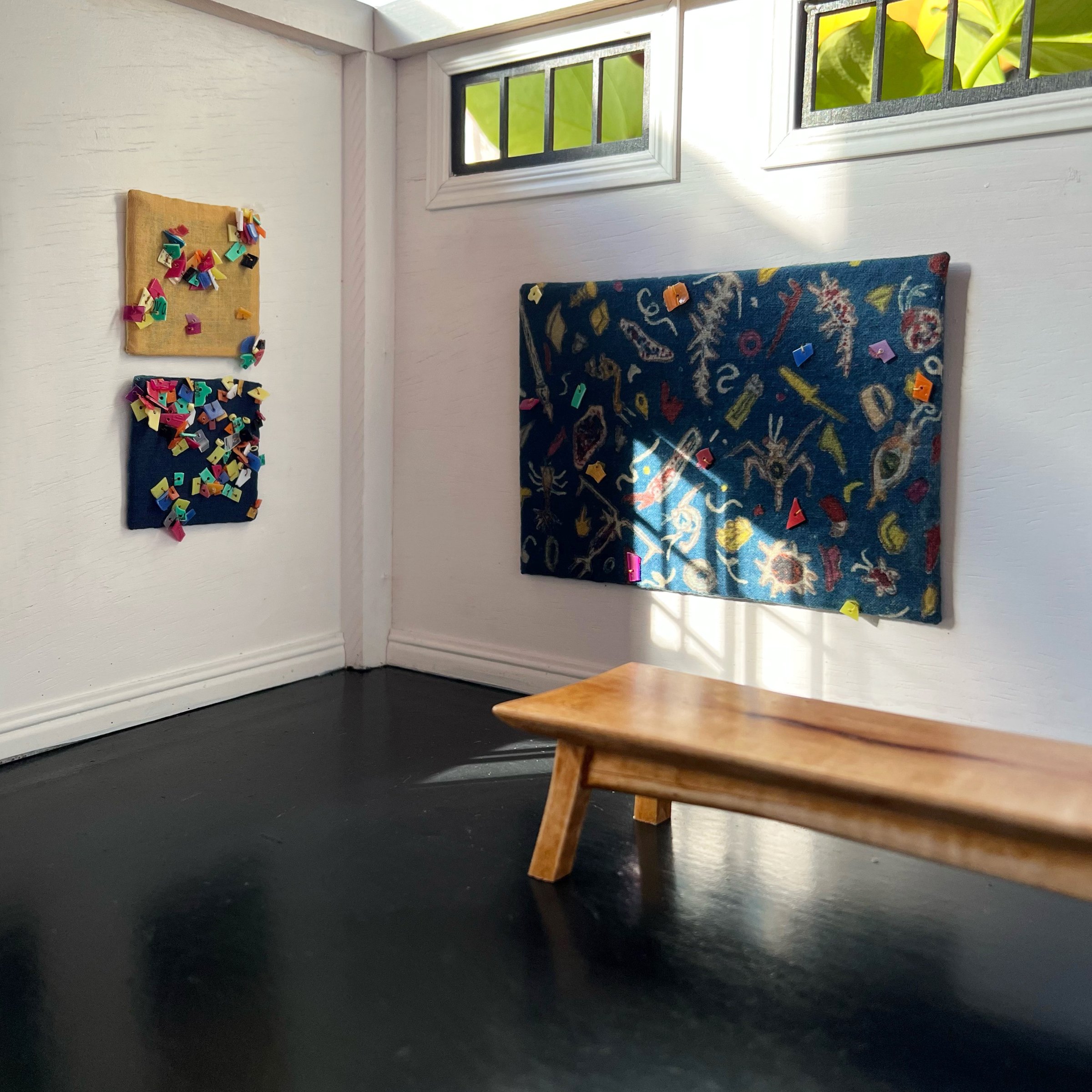
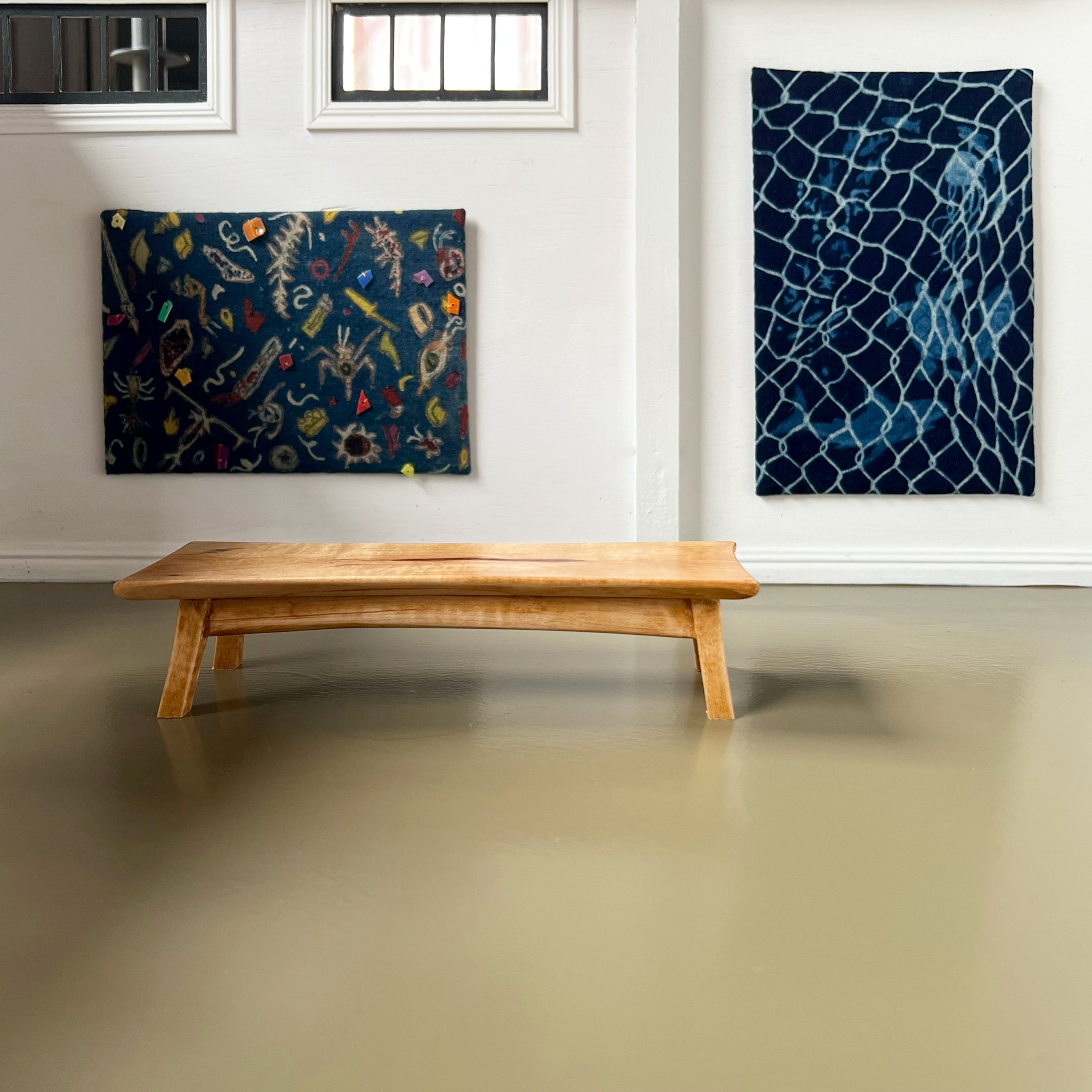
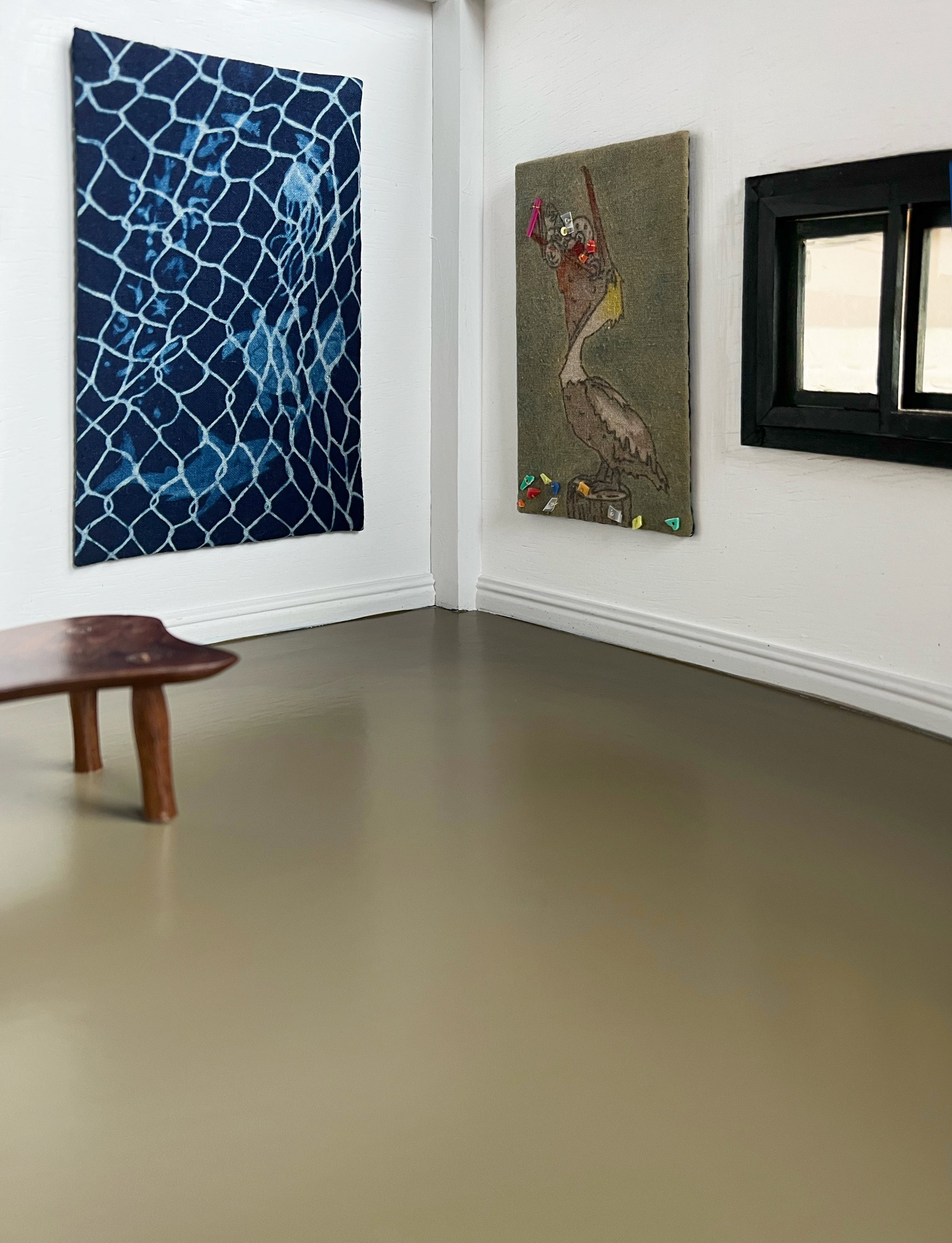
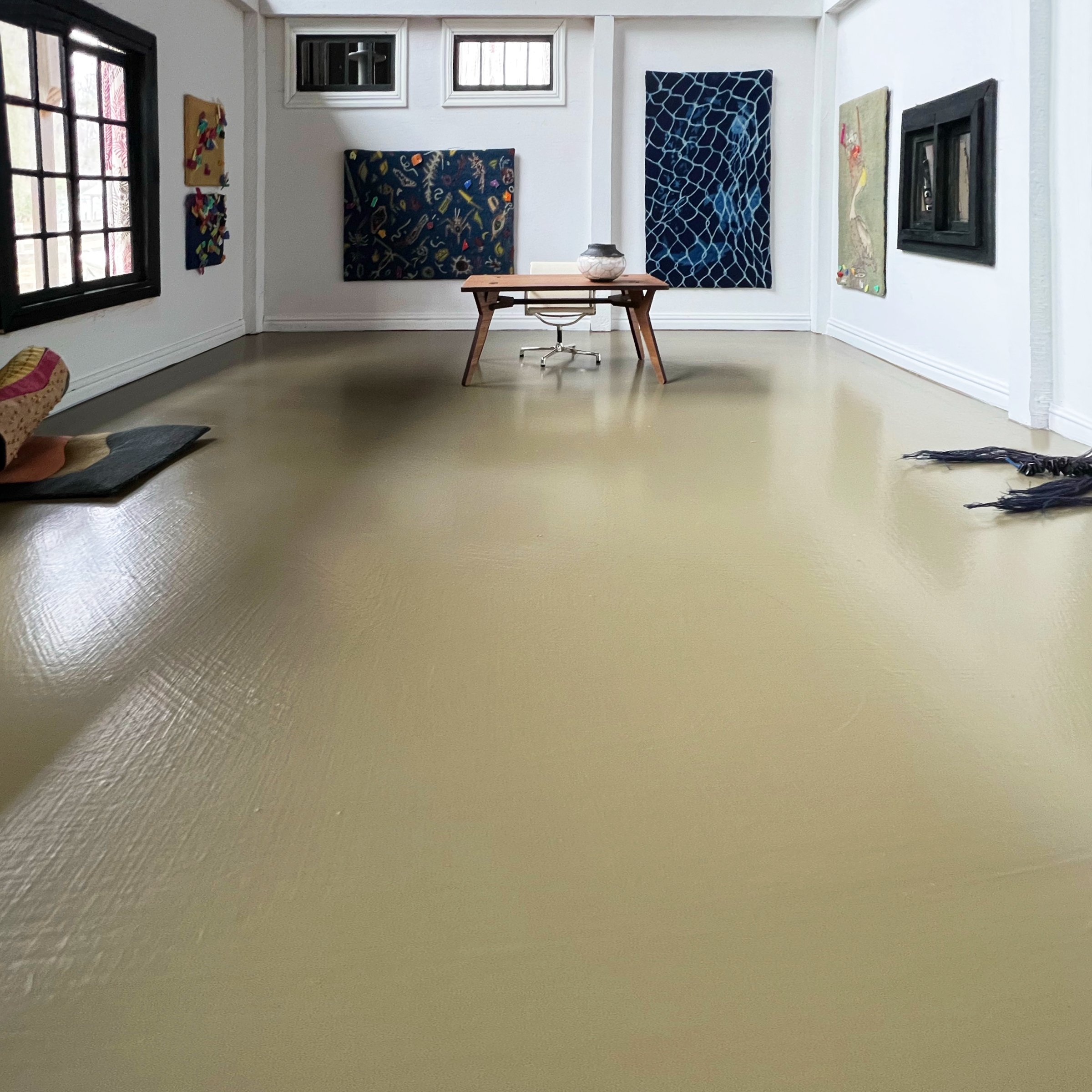
Big thank you to Lavanya Mani & Erika Molnar for continuing to share their natural dye knowledge with me.
